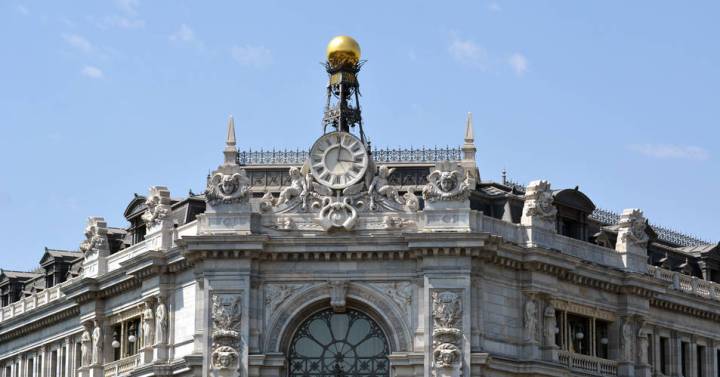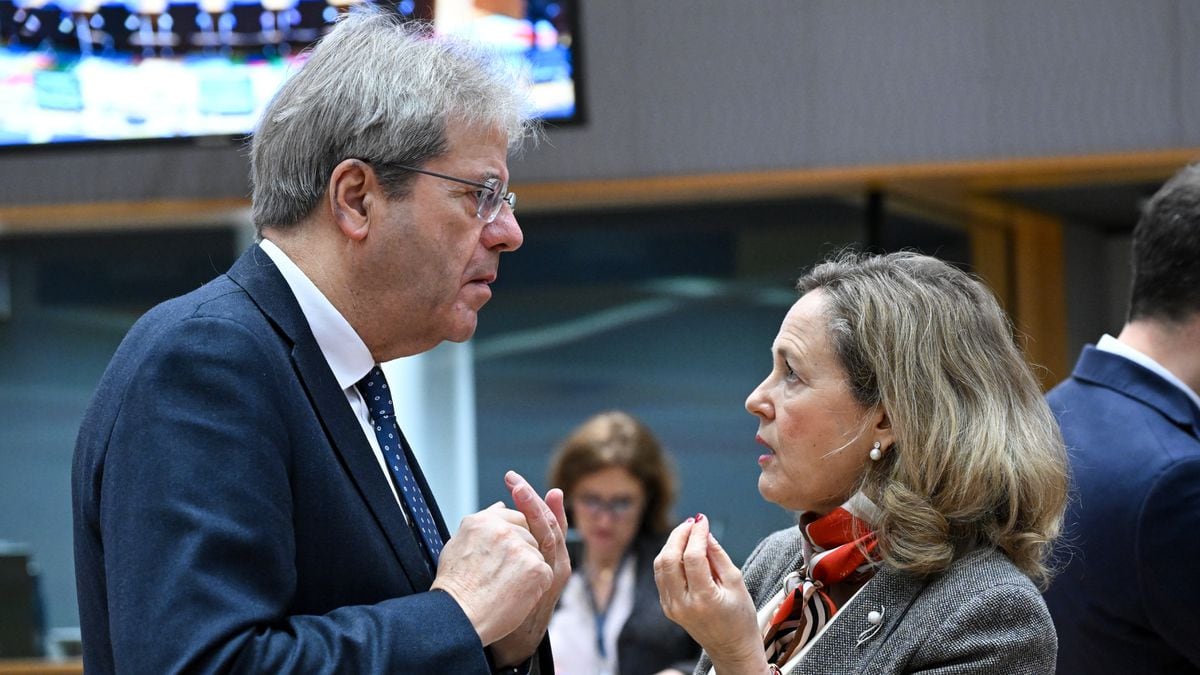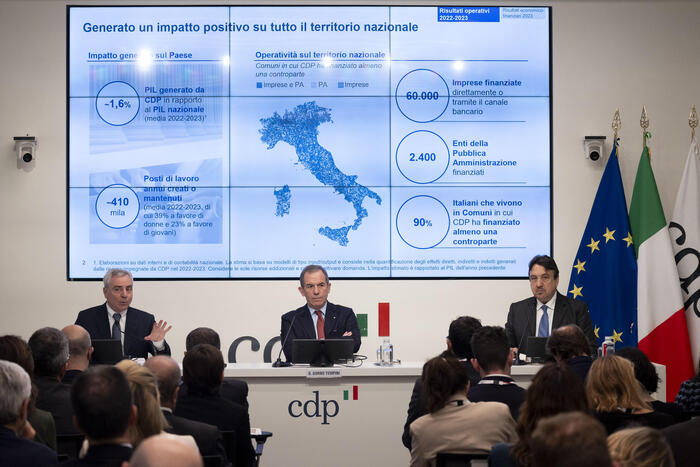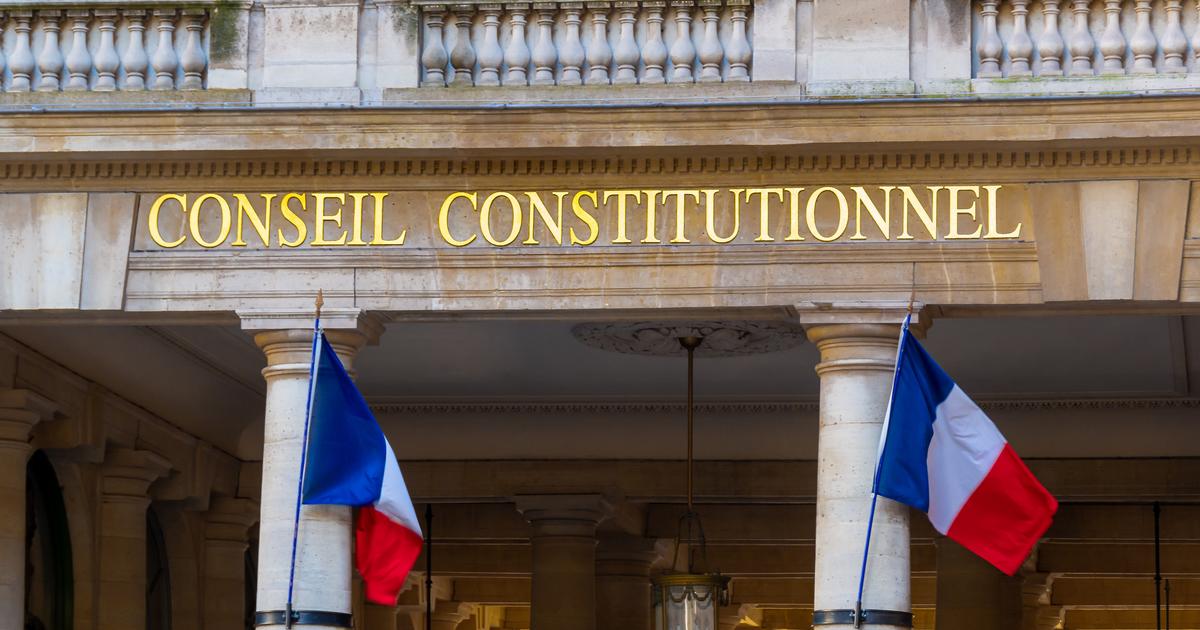The Government, the Bank of Spain, financial institutions and the Oliver Wyman consultancy are working around the clock to finalize a standard framework to establish the typology and diagnosis for companies with liquidity and solvency needs derived from the health and economic crisis due to from Covid can receive direct or other aid, such as the restructuring of their debt, two different ways that have the same objective: to prevent viable SMEs that are drowning due to the situation from falling in the coming months.
The objective is to have the framework ready before the end of the month to send it to the European Directorate General for Competition, a body that will take about a month to analyze the plan and issue a response, after which the Government will send the Council of Ministers its project to be approved no later than April.
For the moment, Oliver Wyman is expected to report to the working table on the analysis that he is preparing today, Friday, for this weekend to finish outlining the work on the amount of direct aid necessary to save viable companies (the that are not, will not receive aid), and establish a common plan for restructuring the debt of these companies.
It will be in this analysis where the reductions that will be made to companies based on their debt, the volume of participatory credits, destined for larger companies, or the elimination of certain expenses or tax credits, among other measures, are included.
The report by Oliver Wyman, who already worked with the banking and economy in October to extend the term of the ICO loans from five to eight years and the grace period by one more year, is prepared with the economic data of the companies in power of the Central Risk Information Office of the Bank of Spain (Cirbe), despite the fact that the consultant does not have access to the names of the companies.
Oliver Wyman quit banking in November, but was hired again in January.
MORE INFORMATION
The Bank of Spain warns that 40% of Spanish companies have financial problems
The Government seeks ways for the ICO to restructure loans
The Government decides to give direct aid to companies and the self-employed
Although it will not be until this analysis is adjusted when the total amount of the aid will be communicated, several sources calculate between 20,000 million euros and 30,000 million cap, depending on whether new funds are included for the SEPI or not.
Initially there was talk of less than 10 billion euros, but the situation since then has been deteriorating, since there was no such drastic third wave of pandemic.
Sources familiar with the negotiations between the Economy and the banking system, which are represented at the table by the AEB and CECA employers' associations, maintain that these aid must differentiate between those that will be purely direct aid, that is, those that involve injecting funds or subsidies to a company to survive, and that will come out of the state coffers, and those that entail the establishment of rules for the restructuring of debt for companies, SMEs and self-employed workers that have received credits with ICO endorsement.
"I think the debates and the type of aid are getting mixed up," explains a leading expert who is aware of the negotiations.
Several sources consulted maintain that Minister Nadia Calviño remains unconvinced to grant direct aid as in Germany, defined as a hose.
“He does not want to give a company, as in Germany, a check for 1.8 million euros for the 80% drop in its turnover.
He believes that there are other equally useful means to save a company without raising the state's bill, ”another source maintains.
The bank, meanwhile, considers that it is willing to assume its share of losses when renegotiating a loan, making a write-off or a participatory loan, “but these aid must be shared, prorated between the debt assumed by the bank and by the ICO ”, highlights a financial source, who adds that“ it is necessary to analyze how much the reduction will be, which companies will be authorized and how and when the State could return its part of this credit restructuring ”.
Another source also points out that not all ICO credits received by companies can be restructured.
“We cannot take away from everyone.
That would be like a gift, and all companies would ask for their loan cut, which would also be discriminatory for those SMEs or freelancers who have sacrificed everything to be able to take charge of their debt payments ”.
The companies have been classified based on their current debt and financial situation, and billing.
Although for the micro-SMEs and the self-employed the measurement has been different, given their characteristics.
Here your debt has been used as scales based on your billing and income and your debt capacity.
40% of companies with financial problems
Promotion of direct aid
.
The Executive already announced last Friday that it is going to reform the existing legal framework to promote direct aid, once the European Commission reviewed the Community State aid framework on January 28, a necessary step for the Government to approve these new aids.
ICO
.
As of January 31, 2021, loans with ICO endorsement total 118,354 million euros in financing, corresponding to 89,924 million euros in guarantees (these loans are guaranteed by the State between 70% and 80% of the financing). Open ICO line is 100,000 million.
977,574 operations have been closed, of which 98% correspond to SMEs and the self-employed.
Aid from city councils
.
The Government has urged autonomous communities and municipalities to inject direct aid to their companies.
At the moment, six autonomous communities have already injected aid to hoteliers for 1,500 euros on average.
The hospitality sector collectively claims aid for 8,500 million euros.
This is, together with the hotel sector, one of the most affected by the health crisis.
Warning from the Bank of Spain
.
The Director General of Economy and Statistics of the Bank of Spain, Óscar Arce, highlighted yesterday that in the face of the Covid-19 crisis "all the economic policy levers have been used in an agile, accurate and powerful way" both at the national level and in the European, but warned that around 40% of Spanish companies have difficulties to cover their financial expenses with their 2020 results ".









